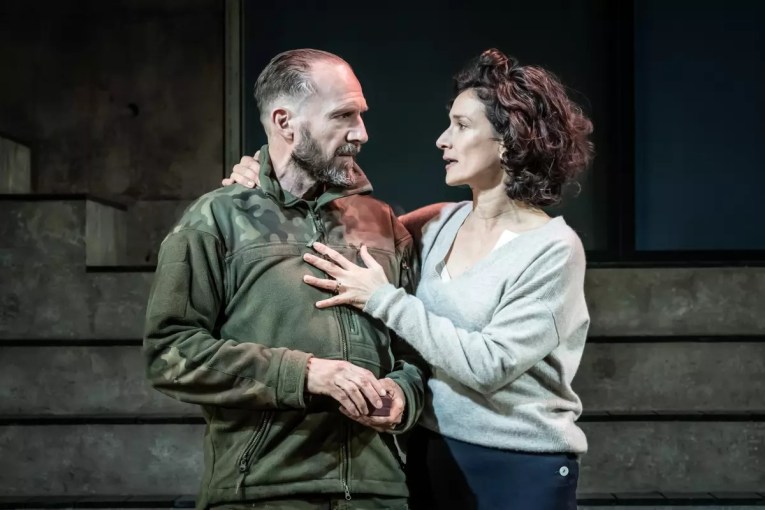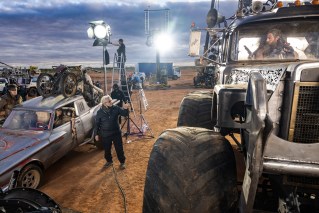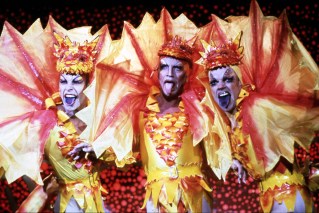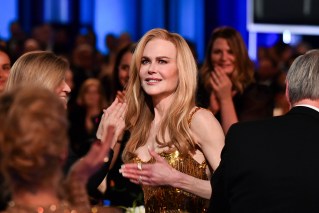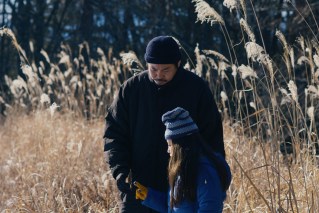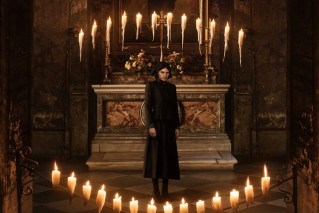Ride Like a Girl director Rachel Griffiths could have made a ‘grittier, darker’ film

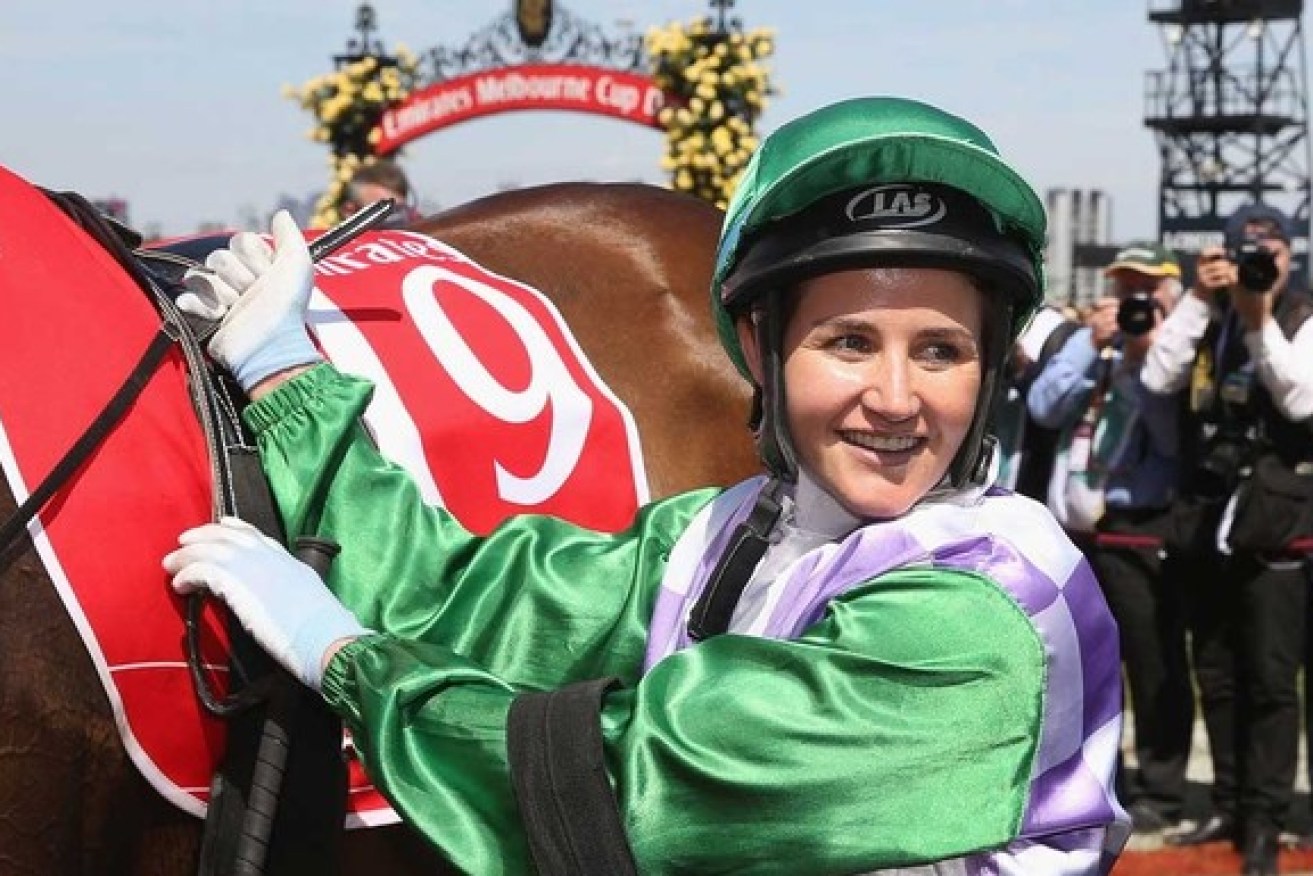
Ride like a girl: Michelle Payne after winning the Melbourne Cup on Prince of Penzance on November 3, 2015. Photo: Getty
If you are expecting a warts-and-all expose of Australia’s racing industry with Ride Like A Girl, the feature film about the first woman to win the Melbourne Cup, you’ll be disappointed.
Instead, what you’ll get is a feel good, fairytale-esque account of the impressive true story of Michelle Payne who most famously told her detractors on live TV to go and “get stuffed” after her historic victory 2015 on Prince of Penzance.

Payne with the Melbourne Cup in 2019. Photo: Instagram
While there are some emotional scenes – Payne faced years of discrimination and injury woes, her jockey sister Brigid died after a fall – the blatant sexism of the industry is downplayed.
Rewriting history, there’s also no acknowledgement of the four-year ban handed to Penzance’s trainer Darren Weir during the film’s post-production for using electric-shock devices on his animals.
Ride Like a Girl’s debut director, Australian actor Rachel Griffiths, is unapologetic about telling Payne’s story in a more anodyne, family-friendly manner.
“Look, I could have made a grittier, darker film but we really wanted this film to reach girls 8 to 80, and also for men to be inspired about the positive male role models that are in the film,” she tells The New Daily.
“We live in the ‘me too’ world and I don’t think you have to touch it too hard. If you had made it 10 years ago you probably would have gone harder.”
Griffiths, 50, returned home to Melbourne seven years ago from a stellar career in the US (Six Feet Under, Brothers & Sisters) to tell Australian stories.
Her true blue coming-of-age yarn about a tenacious battler born into a horse-mad country family and who fought all odds (including Cup Day odds of 100-1) to triumph on the first Tuesday in November seemed fortuitous.
But it hasn’t been the dream ride Griffiths probably hoped for. Weir’s disgrace overshadowed the film’s PR push, and its director sounds exhausted after a long promo trail.
In the last four weeks, female jockeys Mikaela Claridge and Melanie Tyndall have died after falls, making the last nine out of 10 racing fatalities women.
The film’s premiere was also targeted by animal cruelty protesters, and singer Taylor Swift cancelled her appearance at this year’s Cup — reportedly over scheduling but claimed as a victory by PETA as fans began sharing #NuptotheCup.
Rotten timing? Sure. But Griffiths believes Ride Like a Girl is a film that Australian girls, including her daughters Adelaide, 14, and Clementine, 10, need.
“It has always bothered me that ‘like a girl’ has been used in common parlance as a sledge,” she says.
“To do something ‘like a girl’ means you can’t do it as well which is really sad. I think young girls are owning that message that ‘like a girl’ can mean to win.
“[Michelle’s] ride that day … just ticked my boxes.”
Griffiths wanted to make an “inspirational, positive, make you laugh, make you cry” film that could get Netflix fans off the couch and into cinemas.
Keeping passionate racing fans happy – and investors too – was also a consideration: “I wanted to make the movie pass the sniff test for people who do love the sport.”
While Griffiths “appreciates” animal activists have a place in holding people to account, she says it’s often city folk who don’t make their livelihood from it who are critical.
“A lot of people don’t understand what an integral part of the social fabric it is in rural communities.”
Sam Neill (Paddy Payne) and Theresa Palmer (Michelle Payne) give Ride Like a Girl some gravitas, and Magda Szubanski and Mick Molloy are ubiquitous draw cards.
But having Michelle’s strapper brother Stevie Payne star as himself is a coup. He has all the best lines and steals the show.
Ultimately, Ride Like A Girl is about passion and Payne’s love for racing. But, unlike a real fairytale, the only ‘prince charming’ for Payne, 33, is Prince of Penzance.
She asked her private life be kept private. “It kept us focused on things that are so much more important to young girls, which is our achievements and dreams are not defined by the men we have relationships with,” Griffiths says.
The film is book-ended with doco-style footage of Payne as a young girl, and winning the Cup and delivering that speech. Griffiths says it was a very deliberate choice to not dramatise it.
“That was always going to be the way. In the end I kind of want Michelle to have the last word.”
